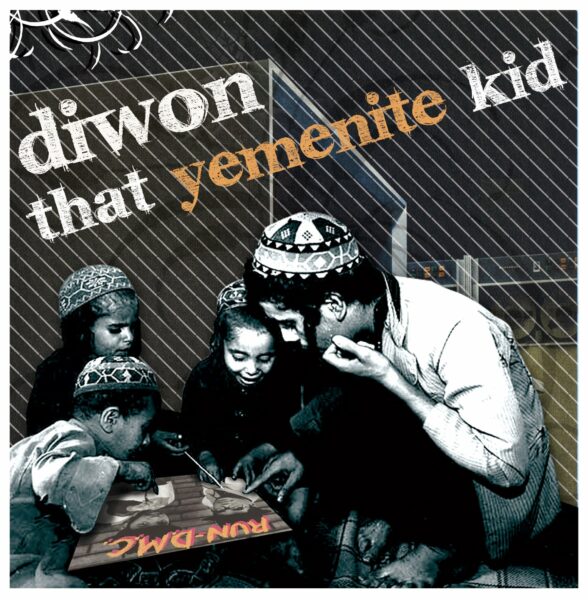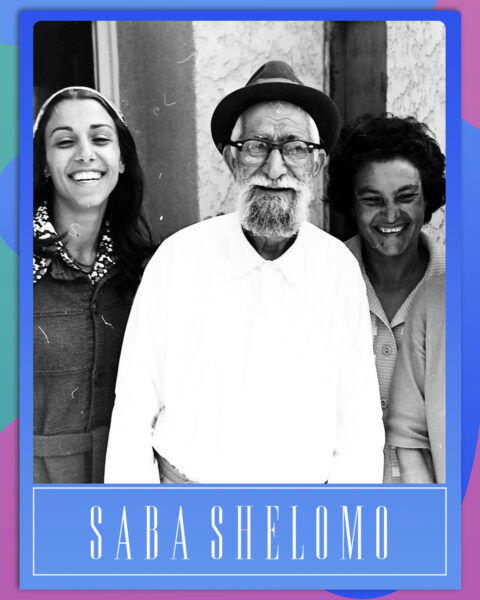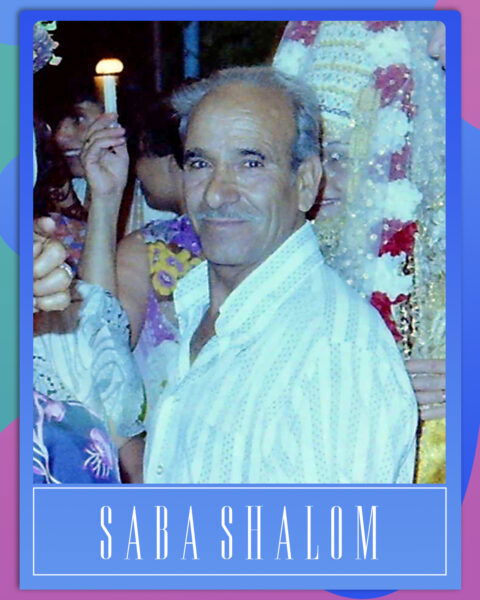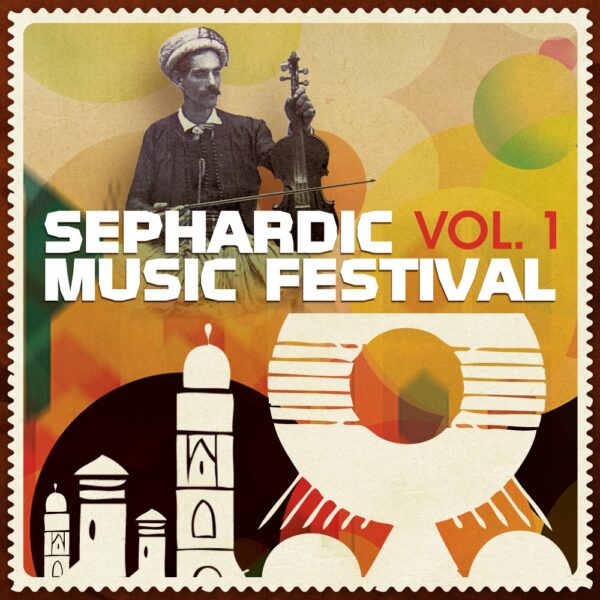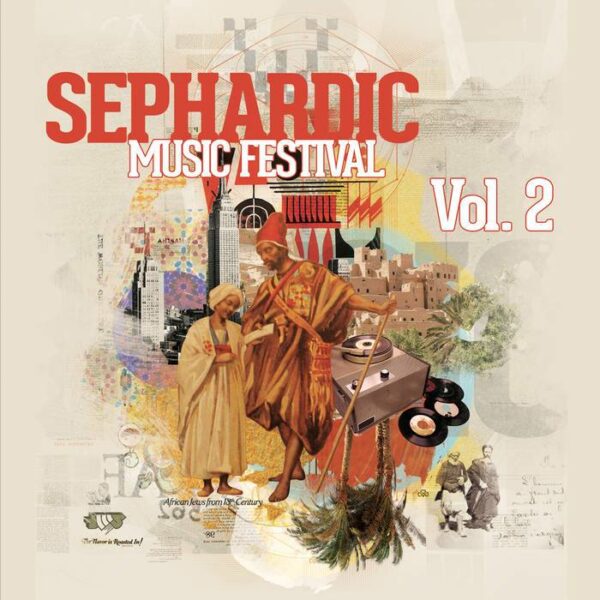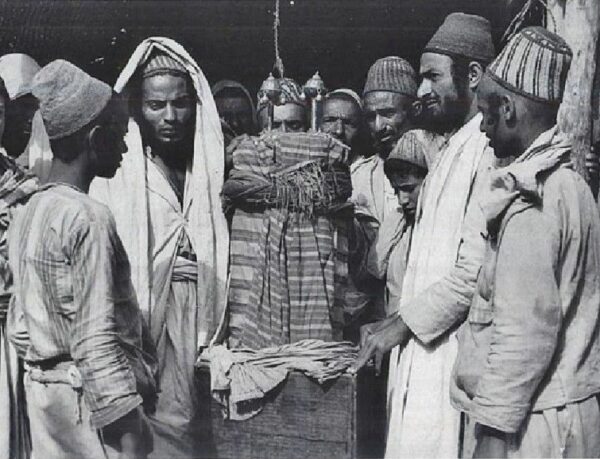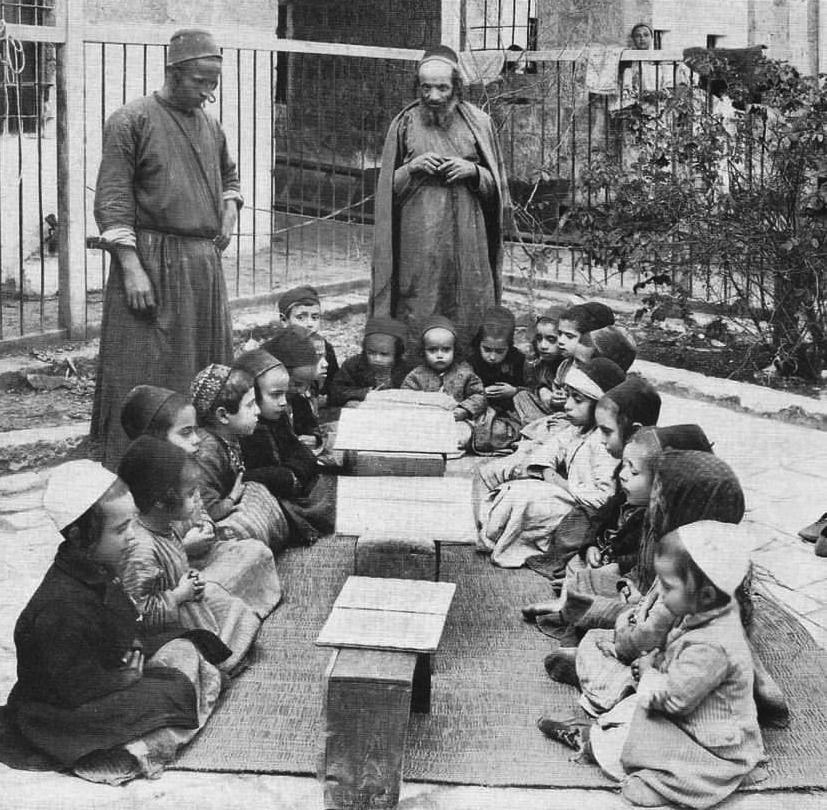My Great-grandfather (Saba Shelomo, pictured here with my mom and Savta) and my Grandfather (Saba Shalom pictured with his wife Yedida) passed away on the same day, and their אזכרה (Yahrtzeit) is tonight!
Their names & dates are Saba Shalom ben Shelomo Zipor z”l 25 Tammuz 5760 // Saba HaGadol Shelomo ben Salah Safar z”l, 25 Tammuz 5744.
I have so many memories of Saba Shalom, but hearing from my uncle (סיימון אורגד ציפור) and sister about how he came to pass away on the same day as his father blew me away. My sister told me that he waited so that he wouldn’t be burdensome to anyone. He wanted his אזכרה (Yahrtzeit) to be the same as his father’s so that no one would have to go out of their way for him, which was his personality. My uncle explained that his father, Saba Shelomo had two siblings Shmuel and Rachel and their kids weren’t religious (fearing they would not say Kaddish or Neshamat Aliyah for the אזכרה for his father), and so he knew if he passed on the same day that his son (my uncle) would do Kaddish and the אזכרה, and it would be in the merit and for the Neshamat Aliya for him and his father.
I remember when eating sometimes my Saba would say, כשאוכלים לא מדברים (when we eat, we don’t talk) and I would always giggle. My Aunt Sigalit always called me, Erez HaChamud, which she would say about my kids as well now. It always reminded me of my Saba saying, חמוד וכשישן עוד יותר חמוד (cute, even cuter when sleeping), that also cracked me up every time.
When I started producing as Diwon I went by “Diwon, that Yemenite kid.” The project was inspired by the love I have for the Yemenite music from the diwan that I grew up listening to and hip hop’s infectious rhythm that has made its way into almost every genre. I launched the project when The Jewish Museum selected me as an artist in residence as part of their “Off The Wall” exhibition and asked me to go through their archives to create modern Jewish compositions using whatever I may have wanted to pull from granting me access to their entire archive which was quite extensive. You can see a video of one of the live performances at the end of the exhibit, here and me being interviewed by Mobius, here.
My Yemenite roots have inspired a lot of my work from Shemspeed, the label, the The Semitic, my fashion brand, to the Sephardic Music Festival that I produced for 12 years. The festival raised awareness of Jews being indigenous to Israel and the Middle East through art, culture and educational programming, and every year brought thousands to the sold out shows (generally 13 shows over the 7 nights during Chanukah every year). This was all inspired by my Mom, Savta and Saba, and the festival was always being featured all over, including two page spreads, profiled in the New York Times, here, and Wall Street Journal, here.
Yemenite Jews are unique in that they are our strongest link to the Beit HaMikdash (ancient Holy Temple). They settled in Yemen while the Temple still stood and have maintained their Hebrew pronunciations and Jewish practices in a completely unique way. Whereas most every other Jewish tribe has traveled and assimilated into the larger cultures around them, Yemenite Jews have stayed in Yemen up until the last hundred or so years. Even the great Eastern European Gadol V’Posek HaDor Rav Moshe Feinstein said that the Yemenite Jews pronunciation of Hebrew is closest to that of Moses, Moshe Rabbeinu.
My father told me a bit about Saba Shelomo’s history moving to Israel in 1924 from the capital city of Yemen Raydah – Rahda and not from the city of Sana’a in the South, but more in the North, that was Raydah, the one that was the focus of his attention. He left that area even though they were doing quite well as craftsmen and working in gold, as well as perhaps silver and jewelry, making rings, bracelets and necklaces.
When Saba Shelomo heard that the Land of Israel was ruled by a Jewish prince, a nasikh Yehudi he said that he could no longer stay in the land of Yemen even for an extra moment. My dad had no idea what he meant, ‘ruled by a Jewish prince.’ What could he possibly have meant, and all of this back in 1924? Who could this Jewish prince be, that ruled over the Land of Israel?
He clarified it, talking about the British Empire and its rule over Palestine, having declared war with the Ottoman Empire in 1914. Even before the British Mandate under the League of Nations, Britain appointed Sir Herbert Louis Samuel (1870-1963), 1st Viscount Samuel as High Commissioner for Palestine in 1920.
Saba Shelomo didn’t go much into all of the history, however, he made absolutely clear who the nasikh Yehudi – the Jewish prince was. It was none other than Sir Herbert Samuel. He said that he could not live even one extra moment in Yemen, since for the Jews this was the beginning of the Messianic Era, the Mashiah – the Messiah was on his way. All Jews were going to be returned to their homeland of Israel.
So he sold off whatever he could, and whatever he couldn’t he gave away and left behind. He packed up his family and belongings on two camels and two donkeys. Sadly, he had to leave his beloved wife behind, because fraitly she in no way was able to make the journey. Others were there to care for her. He wept as he related this part of the tale to my dad. As a matter of fact, he spoke of his first wife often, always tearing up as he spoke. He loved her dearly. She was beautiful and the first of his three wives.
My grandfather, Shalom Zipor, was a child at the time and rode with his older brothers and sister on the camels and donkeys. Hard as it may be to imagine, Saba Shelomo’s mother Farha was healthy enough and made the journey, all the way to Port Said in Egypt. This was the crossing point where they would need permission of the British to transit across into Israel (British Mandate of Palestine.)
According to Saba Shelomo, there was an issue with the British allowing his grandmother into Egypt and crossing over into Palestine. The problem was allowing an unmarried woman to make the journey all the way across into Palestine. For the time being, she had to remain behind and they did actually get that permission and were able to transfer her, where she caught up with them.
Saba Shelomo told my dad, “Eretz Yisrael – the Land of Israel – kula kedoshah – is complete holiness, but Eretz Teiman, yesh lah kedushah she afilu ein l’Eretz Yisrael – the Land of Yemen has a holiness that even the Land of Israel does not have.”
This was told to my dad within the context of Saba’s telling him the story of his arrival in Israel from the south and coming to the town of Beersheva. He and the family were there on the holy Shabbat, which they all observed strictly. For the first time in his life, he saw a Jew violating the Shabbat by working in building construction. He was shocked and horrified. Saba had never before seen a Sabbath desecration, since Yemenite Jews were all completely devoted, religiously observant people. Once in Israel, many of those Jews discovered a very different reality.
I pray that on this אזכרה (Yahrtzeit) for both my Saba Shalom ben Shelomo Zipor z”l and Saba HaGadol Shelomo ben Salah Safar z”l – that their neshamot (souls) have an Aliyah (elevation) and that it ushers in the final redemption!
The first Diwon, That Yemenite Kid mixtape
Saba HaGadol Shelomo ben Salah Safar z”l
Saba Shalom ben Shelomo Zipor z”l
Sephardic Music Festival Vol. 1 (Featuring tracks by Matisyahu, Moshav, Yasmin levy, Yari Dalal, Galeet Dardashti, Diwon & more!)
Available on apple music | bandcamp | amazon | spotify
Sephardic Music Festival Vol. 2 (Featuring tracks by Cheb i Sabbah, Watcha Clan, Diwon, Mor Karbasi, Axum and more!)
Available on apple music | bandcamp | amazon | spotify
Yemeni Jews, early 20th century
Yemenite Jewish School in Jerusalem, 1925
